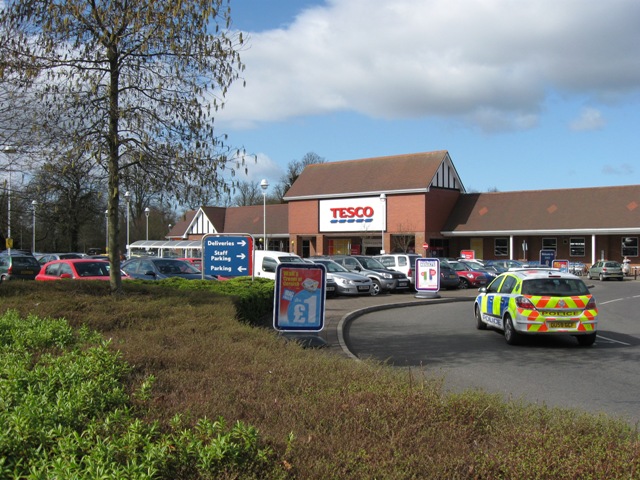
Britain's leading retailers, including Tesco, Sainsbury's, M&S, and Next, are intensifying their focus on automation and other cost-saving measures to mitigate the impact of rising operational
expenses on consumer prices.
As the UK economy grapples with slow growth, the new Labour government has proposed increasing employer taxes to fund infrastructure and public services, drawing criticism from the business sector. Retailers say that upcoming increases in social security contributions, the national minimum wage, packaging levies, and higher business rates—effective from April—will cost the industry £7 billion annually.
These concerns have led to a sharp decline in retail stock prices and higher government borrowing costs. While larger retailers can leverage previous profits and adapt more readily, analysts warn that smaller businesses may struggle significantly.
Next, a clothing retailer, anticipates a £67 million increase in wage costs by the end of its fiscal year in January 2026 but still projects profit growth. The company plans to offset higher costs through operational efficiencies and a modest 1% price increase, which it acknowledges as unwelcome but below the general UK inflation rate. CEO Simon Wolfson emphasized the inevitability of greater automation, noting that rising labor costs make mechanization projects more justifiable.
Automation is already making headway in the sector. Greggs, a bakery and food chain, launched a highly automated production line last year, increasing its weekly output by 4 million items. Tesco plans to open a robotic chilled distribution center this year, while Sainsbury’s is promoting its SmartShop self-scanning technology to shoppers.
Despite a £250 million annual increase in employer national insurance contributions, Tesco CEO Ken Murphy expressed confidence in the company’s ability to manage. Tesco’s "Save to Invest" program aims to deliver £500 million in efficiency savings by February 2025, following £640 million saved in 2023/24. CFO Imran Nawaz highlighted savings in procurement, logistics, freight, and waste reduction.
Sainsbury's, facing a £140 million hit from higher national insurance costs, is pursuing £1 billion in cost savings by March 2027. Meanwhile, M&S, which expects £120 million in additional wage costs, is determined to pass on as little of these increases to consumers as possible. CEO Stuart Machin outlined the company's focus on volume growth and cost control as part of its ongoing turnaround efforts. Ian Lance, a fund manager at Redwheel and a major M&S investor, praised the company’s strong management and consumer-focused product offerings.
Smaller businesses, however, face a tougher road. A survey by the British Chambers of Commerce found that 55% of 4,800 small businesses plan to raise prices, which could hinder efforts to control inflation and boost economic growth. For some, drastic measures are unavoidable—Shoe Zone, a discount retailer, has already announced store closures due to the mounting financial pressures. Photo by Chris Reynolds, Wikimedia commons.




































